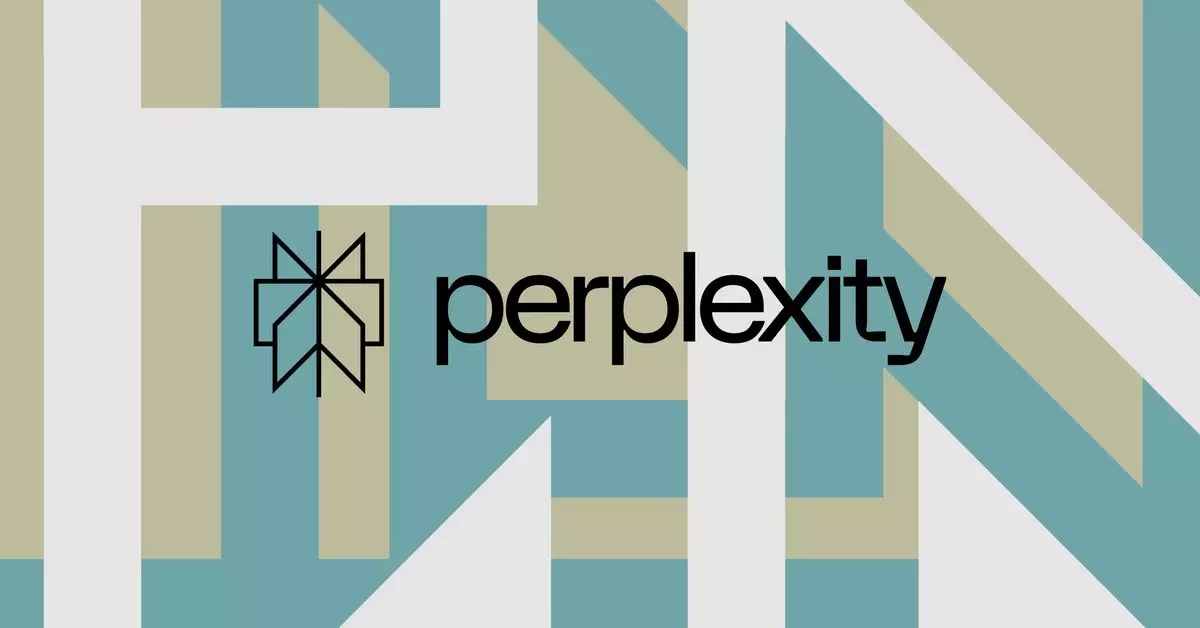In the rapidly evolving landscape of artificial intelligence and digital content, legal battles are becoming increasingly common as traditional media firms grapple with emerging technologies. One of the most notable recent confrontations is between AI startup Perplexity and News Corp, a major player in the media industry boasting several prominent publications including the New York Post and the Wall Street Journal. This conflict primarily centers around accusations of intellectual property infringement, where News Corp has claimed that Perplexity’s search engine has been reproducing their content without permission. The stakes are high, with implications not just for the companies involved, but also for the very principles of access to information in the digital age.
The Nature of the Accusations
At the core of News Corp’s allegations is the assertion that Perplexity’s search engine “copies on a massive scale.” This reflects a growing anxiety among media organizations regarding the integrity of their original content in the face of advanced AI capabilities. Perplexity, meanwhile, has publicly rebutted these claims, insisting that the concept of ownership over facts is fundamentally flawed. They argue that while copyright laws protect the expression of these facts, the facts themselves remain public domain information that should be accessible to all. This distinction brings forth a significant philosophical debate surrounding content ownership and fair use in the digital realm.
Perplexity’s Defense and Counterarguments
Perplexity has responded vigorously, framing the lawsuit as a manifestation of an outdated and adversarial relationship between media companies and technology firms. They contend that such litigious approaches are not only counterproductive but also hinder potential collaborations that could benefit both sectors. In their defense, Perplexity pointed to initiatives like their revenue-sharing program, which collaborates with various publications, suggesting a commitment to rather constructive partnerships rather than combative legal confrontations. This stance raises the question of whether a shared economic model could serve as a viable middle ground amid the tensions between media giants and tech startups.
Much of the friction lies in how intellectual property laws are applied in the context of artificial intelligence. News Corp’s comments suggest that they are faced with what they view as a “content kleptocracy,” where media companies are pressured by AI entities that capitalize on their material without adequate compensation. CEO Robert Thomson emphasized the importance of integrity and creativity in this chaotic environment, highlighting a contrast with Perplexity’s alleged practices. This calls into question not only the legality but also the ethics of AI models using existing content as foundational knowledge. The implications stretch beyond just these two companies, sparking necessary debates about how intellectual property law evolves alongside rapidly advancing technology.
As both sides remain entrenched in their arguments, the future will rely heavily on whether they can find common ground. The dynamic between media companies and AI startups must adapt to a new normal where digital content is disseminated in unprecedented ways. The efficacy of Perplexity’s insight into often-unrecognized facts has garnered attention, but only time will tell if such insights can coexist harmoniously with the rights of original content creators.
The ongoing battle between Perplexity and News Corp is illustrative of a larger struggle over intellectual property in the digital age, highlighting fundamental issues about accessibility, ownership, and the potential for collaboration amidst innovation. As this case unfolds, it may serve as a bellwether for similar conflicts in the future, urging both sectors to examine their strategies for navigating the complex intersection of technology and creativity.


Leave a Reply